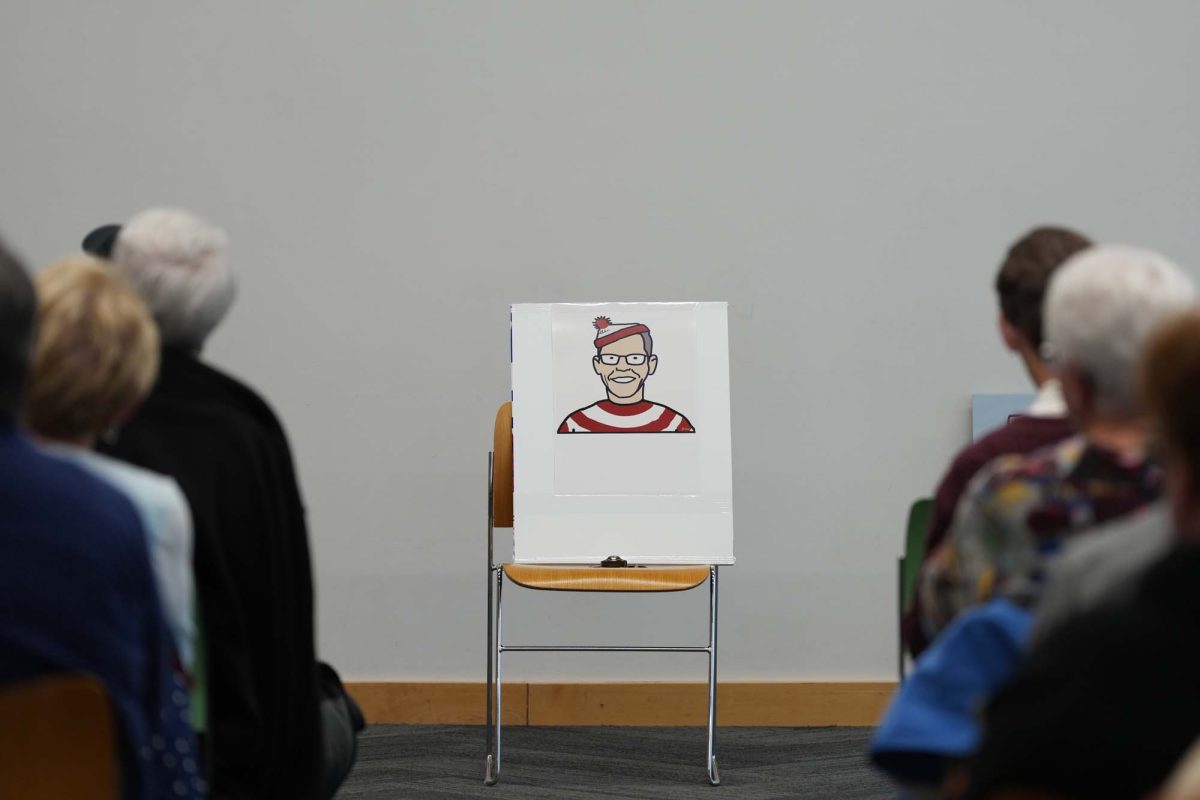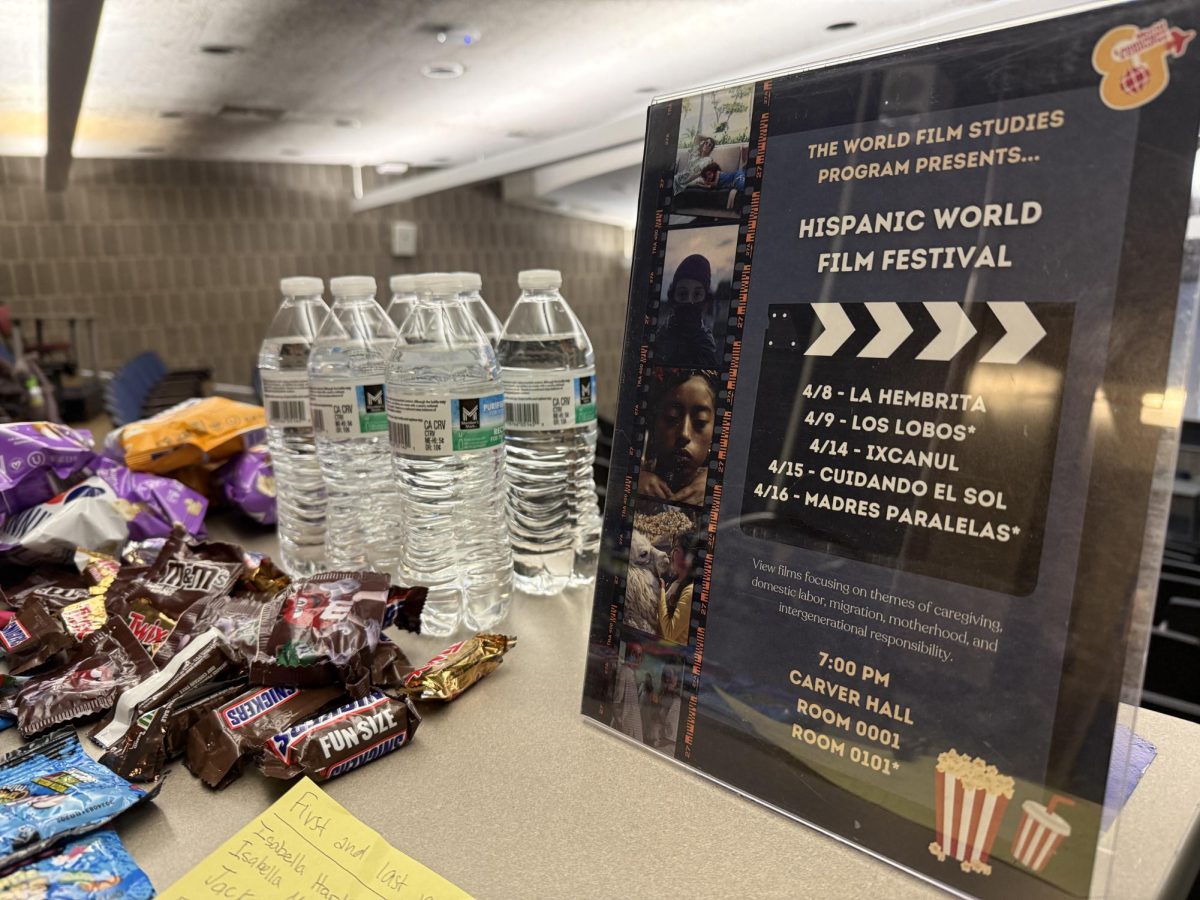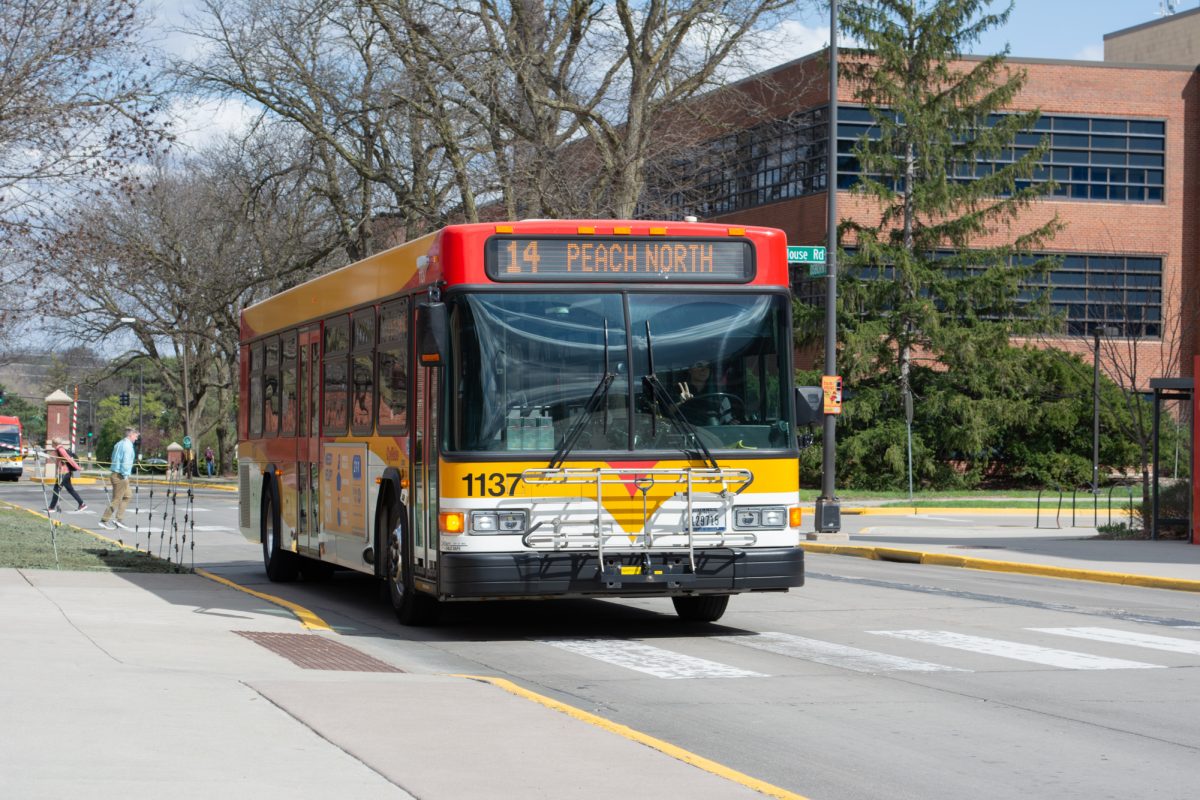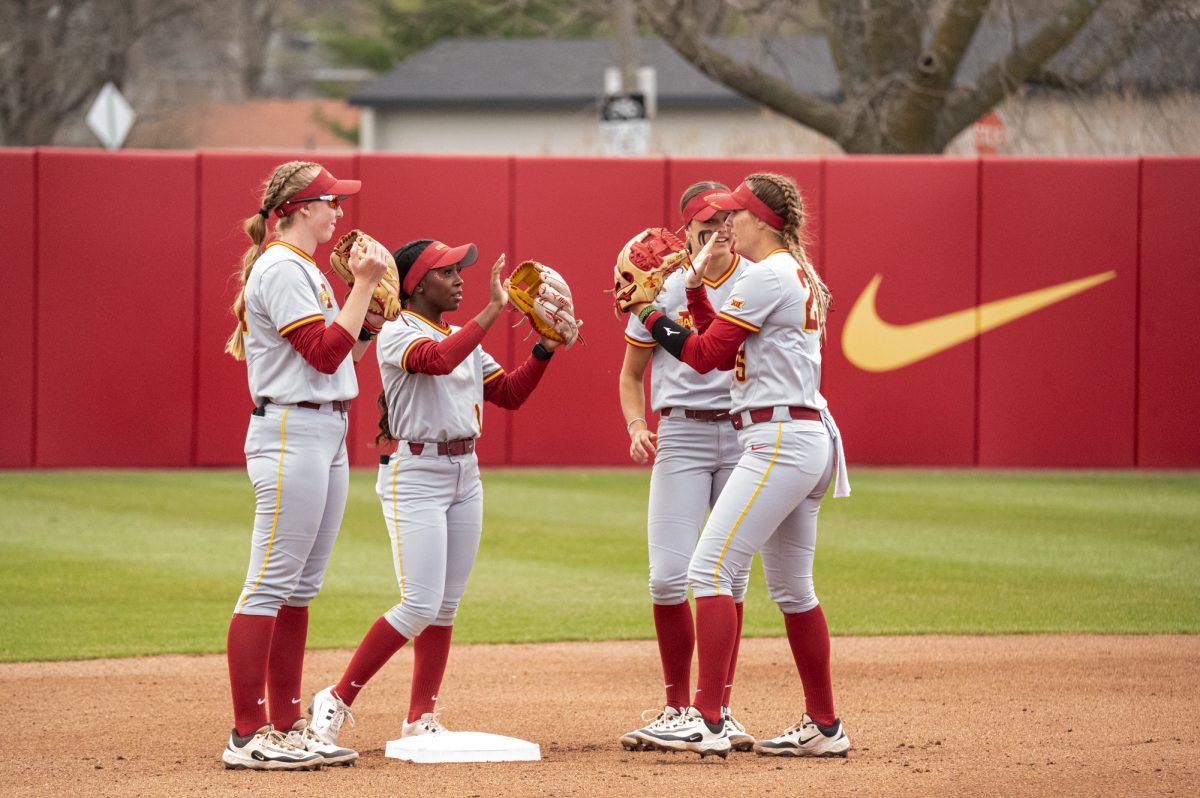Vet med group provides service
October 31, 2003
The College of Veterinary Medicine and a group of animal-loving vet students have found a way to improve the lives of wild cats and farm cats in the Ames area.
The group, the Feral Cat Alliance, was formed in the spring of 2001.
The group allows people from Ames and the surrounding communities to bring in stray cats and farm cats to the ISU veterinary clinic to be spayed or neutered and vaccinated.
The services provided by the group are free, but donations are accepted.
“The project was student-generated because of the increasing problem of cats being born in the wild,” said Claudia Baldwin, associate professor in veterinary medicine and co-adviser of the Feral Cat Alliance.
“For example, in the state of Florida at this time there are more wild cats than there are people.”
The Feral Cat Alliance chooses one Saturday or Sunday per month and sterilizes 20 to 30 cats each time.
They create fliers to advertise their services, and Baldwin said the response has been very successful.
“We take farm cats or stray cats, but not house cats,” said Abby Reida, a junior in veterinary medicine and president of the group. “We will [cut the tip off] the left ear of each cat during the procedure.
“This is to deter people from bringing in their house cats, and it is also an international symbol that lets us know the procedure has been done on a wild cat if they are ever caught again.”
The services of the group have become so popular, members are finding it hard to keep up with the demand.
“We have a very long waiting list … There are definitely too many cats out there [needing our services],” Baldwin said.
“It is also necessary for each cat that is dropped off to have an authorized caregiver that will pick it up [from the clinic] … we do not accept cats that won’t be picked up.”
Aside from reducing the population of wild cats in the community, the students also benefit from the hands-on experience they receive from working with the cats.
“The program is entirely student-run, but faculty clinicians are present to oversee [the process],” Baldwin said.
“It also provides a great educational experience for the students.”
Reida agreed.
“Through this program, vet students get a lot of hands-on experience with the animals before they begin their professional careers, and that is very important,” Reida said.






